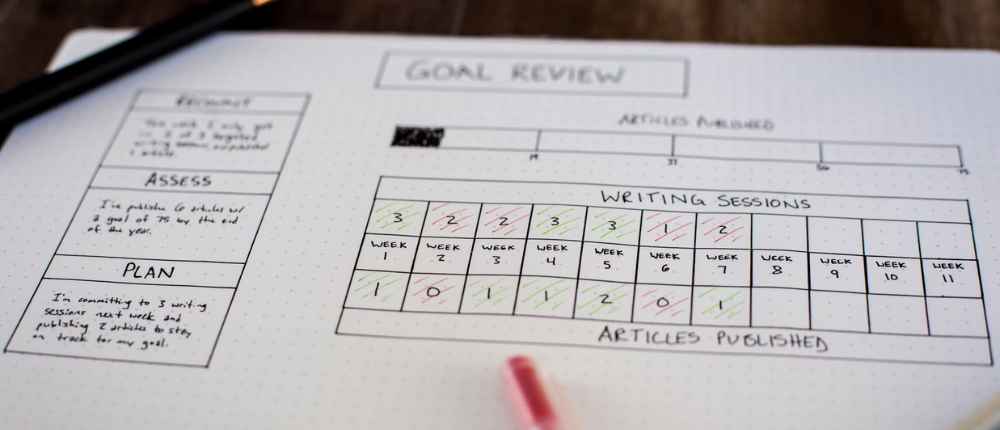How Music Improves Focus for ADHD
Music therapy is an ever-expanding niche in the field of mental health, as studies continue to support the use of music in treatment of depression, trauma, schizophrenia, grief, addiction, and many more conditions.
You probably already know from experience that music can have a powerful effect on mood. In fact, research shows that even sad music can bring comfort to most listeners. But, did you know music can also improve focus and concentration for people with ADHD?
Why it Works
There are a few different ways that music can affect the brain to improve functioning in ADHD.
Brain imaging shows that listening to music increases activity in the prefrontal cortex, basal ganglia, anterior cingulate, and temporal regions – all of which are brain regions associated with ADHD.
Motivation is often a challenge for people with ADHD, and our reward system is often underactive. Another discovery from brain imaging – listening to pleasurable music increased blood flow and dopamine release in brain regions associated with reward and motivation.
ADHD and Music: Genres To Try
Different people will respond to different genres, so it is important to find what works best for the individual. In general, there are a few specific genres of music that have been shown to help with ADHD symptoms:
- Classical
- Techno (our co-founder & CEO, Chris’ favorite Spotify playlist: “ADHD Techno Focus”)
- White Noise
- Binaural Beats (Talk to your healthcare provider before listening to binaural beats if you experience seizures or have a pacemaker)
See more recommendations from Shimmer coaches and members here!
Tips To Make ADHD Focus Music Work for You
Try some of these tips to see which kinds of music may work best for people with ADHD, and how to use it for best results.
- Pick something with a clear, consistent rhythm
- Keep the volume at a level you can hear, but not loud
- Techno is great, but try to avoid extremely fast-paced music
- Lyrics can be too distracting, so pick something without words or something in a language you don’t speak
- Try to avoid listening to music on services with a ton of commercials
- Pair your music with some dancing for an extra boost of energy
- Create specific playlists for specific tasks
While music can help with ADHD symptoms, it’s important to be realistic. It’s not a substitute for other treatments, such as medication, coaching, or therapy. But when used appropriately, music is an excellent addition to your ADHD toolbox.
















